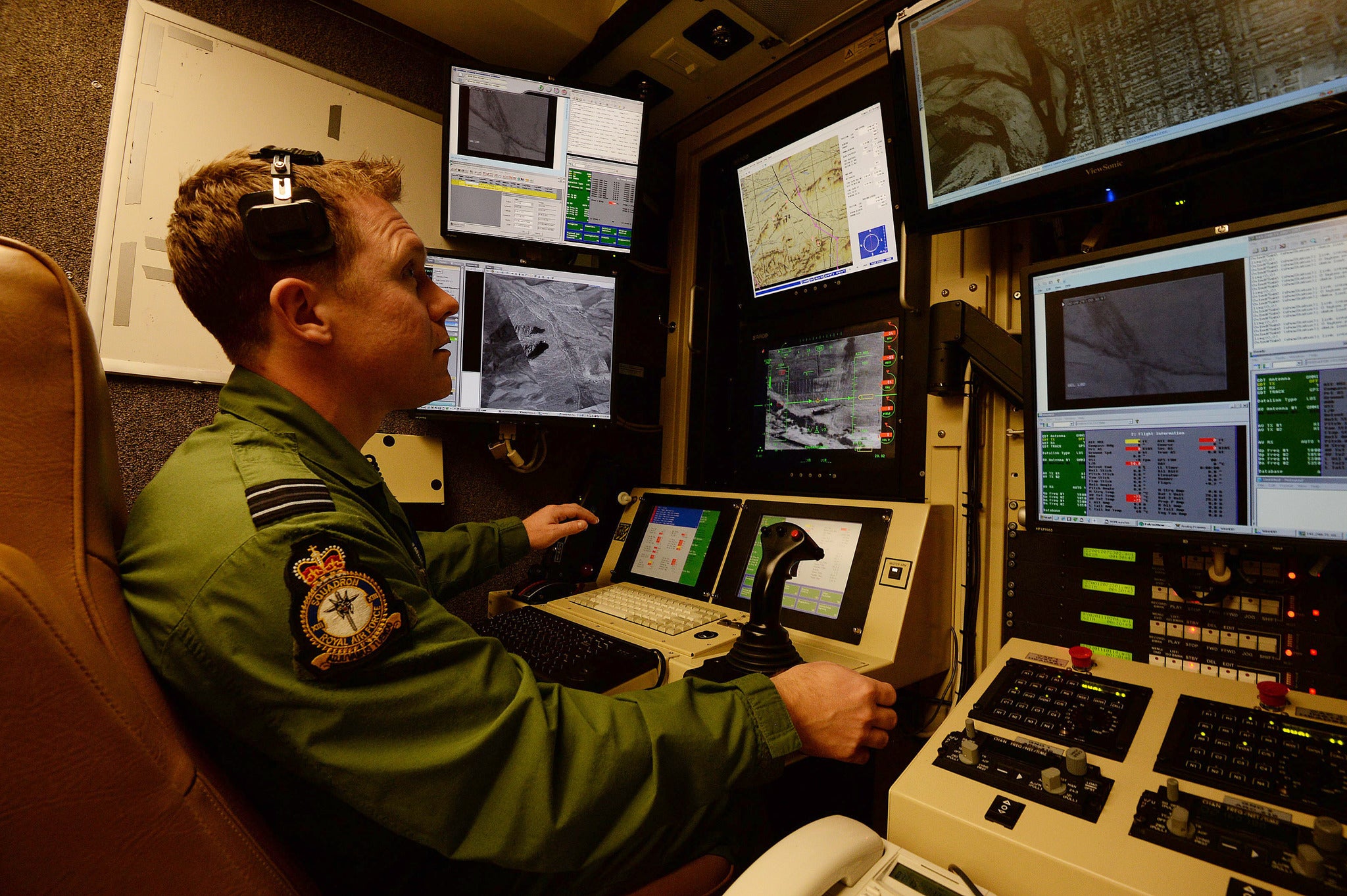Missiles 'fall off' RAF fighter jet as it lands at Akrotiri base in Cyprus
The missiles cost £105,000 each and have been used to kill Isis fighters in Syria and Iraq

Your support helps us to tell the story
From reproductive rights to climate change to Big Tech, The Independent is on the ground when the story is developing. Whether it's investigating the financials of Elon Musk's pro-Trump PAC or producing our latest documentary, 'The A Word', which shines a light on the American women fighting for reproductive rights, we know how important it is to parse out the facts from the messaging.
At such a critical moment in US history, we need reporters on the ground. Your donation allows us to keep sending journalists to speak to both sides of the story.
The Independent is trusted by Americans across the entire political spectrum. And unlike many other quality news outlets, we choose not to lock Americans out of our reporting and analysis with paywalls. We believe quality journalism should be available to everyone, paid for by those who can afford it.
Your support makes all the difference.An air force official has confirmed that two missiles fell off an RAF Tornado fighter jet as it landed at a base in Cyprus.
Two Brimstone missiles, which cost around £105,000 each and are designed to destroy ground targets, fell from the aircraft as the jet went in to land at RAF Akrtoiti in Cyprus.
Fortunately, the missiles did not explode, and no-one was injured in the incident.
RAF Akrotiri is one of two British military bases on Cyprus, both of which are currently of major strategic importance due to their proximity to Isis-controlled areas in Syria and Iraq - the Syrian coast is only around 80 miles from Cyprus.

Akrotiri, which sits on the Southern tip of the island, has previously been used to launch air strikes against Isis fighters in Syria and Iraq, and Brimstone missiles have been used to kill Isis members.
The Ministry of Defence did not say whether this particular plane was returning from a bombing run against the militant group.
Earlier this week, Prime Minister David Cameron promised to step up the fight against Isis extremists, saying he was determined that the armed forces "will have the equipment, the means and the resources to deal with it."
In Prime Minister's Questions on Wednesday morning, he reaffirmed the government's commitment to spending two per cent of the UK's GDP on the military every year, a sum which amounts to a yearly real-terms rise in the military budget.
Join our commenting forum
Join thought-provoking conversations, follow other Independent readers and see their replies
Comments